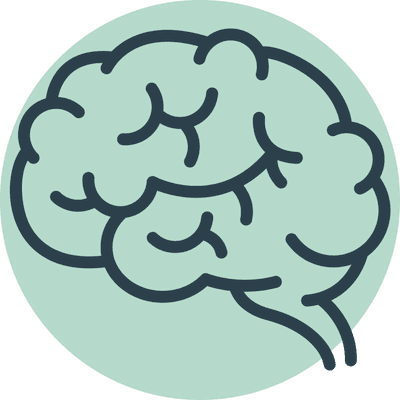
Music is neurologically special in the way that it stimulates many parts of the brain at once. This means that even if parts of the brain are damaged, music can still reach other parts.
Decades of scientific research has highlighted the power of music for conditions such as dementia. Personally meaningful music, which stirs emotions or memories within the listener, is particularly powerful.
In 2021, research at the University of Toronto found that listening to personally meaningful music can help boost the brain function in patients with mild cognitive impairment or early Alzheimer’s disease.

It’s simple: keep listening to the music that you’ve loved all your life. Your all-time favourite songs, those pieces that are especially meaningful to you. Make that your brain gym.

In September 2019 the World Health Organisation undertook a major study investigating the evidence for the health benefits of the arts, including music. A section on dementia found evidence of multiple specific benefits including reducing anxiety and depression; supporting cognition, speech and memory, reducing the need for antipsychotic drugs and fewer and shorter stays in hospital.
A major review in 2017 confirmed that ‘among sensory simulation interventions, the only convincingly effective intervention for reducing behavioural symptoms (specifically agitation and aggressive behaviour) was music therapy’. A second review that year showed ‘music intervention significantly reduces agitated behaviours in people with dementia’.


Practice of Playlist for Life is based upon the evidence-based Gerdner Protocol 5th Edition developed over the course of 20 years at Stanford University. In particular, Playlist for Life promotes the use of ‘therapeutic scheduling’, e.g. timing listening sessions for 30 minutes before difficult times or activities.
The protocol describes how correct use of playlists is proven to bring about reductions in (1) use of psychotropic medication (2) use of restraints (3) stress and distress (4) wandering.
These outcomes have all been observed in various small-scale evaluations of Playlist for Life within the NHS. You can review summaries of these studies below.

Courses to help you understand dementia and how the arts can improve the lives of people with dementia.